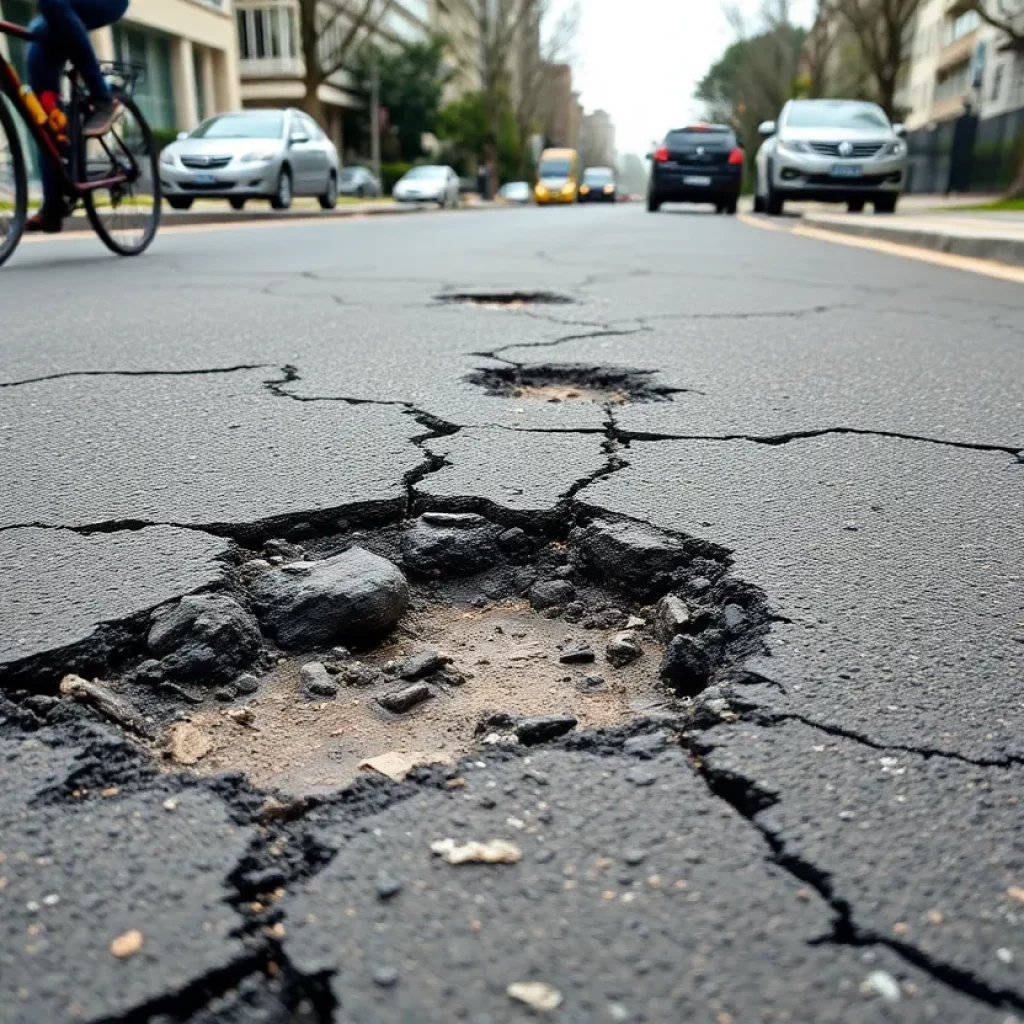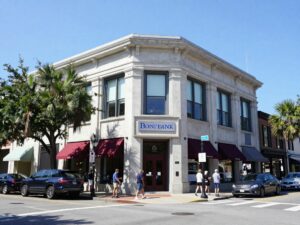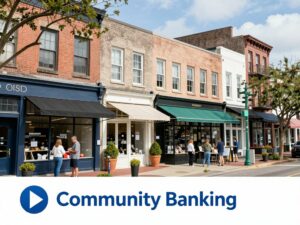News Summary
In a landmark decision, the California Supreme Court has ruled that individuals can sue cities for injuries caused by potholes, affirming a cyclist’s right to seek damages despite signing a liability waiver. This ruling establishes a legal precedent regarding cities’ responsibilities for road safety, increasing potential lawsuits for pothole-related injuries. With Oakland paying out millions in settlements, this case highlights the pressing need for municipalities to prioritize public safety and proper road maintenance.
Landmark Ruling Allows Personal Injury Lawsuits Against Cities for Pothole Injuries
Pothole Dangers Exposed
In a pivotal decision, the California Supreme Court has opened the floodgates for individuals to sue cities for injuries caused by potholes, confirming a ruling that is poised to change the landscape of public liability. The court’s ruling specifically favored a cyclist who endured severe injuries during a scheduled bike ride in Oakland, despite having signed a liability waiver prior to the event. The implications of this ruling extend far beyond one individual case, as it underscores a critical legal principle regarding municipal responsibilities.
Non-Delegable Duty to Maintain Safety
The court asserted that cities possess a non-delegable duty to ensure the safety of road conditions. This means that a signed waiver cannot release the city from its obligation to maintain the roadway, thereby establishing a legal precedent that could impact similar cases across the state. This ruling reinforces existing California laws that require public entities to keep roads in a [reasonably safe condition](#). This newfound judicial support increases potential personal injury lawsuits against cities, particularly for incidents occurring during recreational activities.
J&Y Law’s Focus on Accountability
Legal experts, like those at J&Y Law, emphasize that cities may no longer evade accountability for unsafe conditions associated with potholes and other road hazards. Their litigation approach often involves thorough investigations into city records, revealing patterns of neglect that can hold local governments responsible for injuries stemming from pothole-related accidents.
Oakland’s Pothole Crisis
Oakland has emerged as a prominent player in the realm of pothole lawsuit settlements, having paid out a staggering total of **$27 million** from 2018 to 2023 for injuries related to potholes, the highest in the Bay Area. Notable cases include two cyclists who each received **$6.5 million** for debilitating injuries incurred from potholes. In addition, other jurisdictions in the region are grappling with similar issues; San Jose has disbursed **$8 million** for pothole claims during the same period, while San Francisco’s general street maintenance lawsuits total **$26 million**.
Individual Victims and Their Stories
Victims of pothole-related accidents are left with life-altering repercussions. One such case includes a cyclist who was awarded **$1.75 million** following an incident that highlighted lasting effects on his health and livelihood. Similarly, additional settlements have underscored the need for immediate and effective municipal responses to road maintenance.
City’s Commitment to Road Safety
In light of these financial liabilities, Oakland’s transportation department has reiterated its commitment to enhancing road safety and promptly addressing pothole issues. To support this, voters have sanctioned Measures KK and U, which together promise over **$350 million** for road maintenance over the next decade. Moreover, the city’s strategy aims to pave **50-60 miles** of road each year to combat years of neglect, suggesting a newfound commitment to infrastructure improvement.
Challenges in Infrastructure Management
Despite the introduction of a **311 system** for residents to report maintenance concerns, many issues remain inadequately addressed, reflecting systemic challenges in infrastructure management. Oakland’s approach has also incorporated an **”equity-focused”** paving plan that seeks to prioritize projects in underserved neighborhoods, aligning road improvements with community needs.
Consequences of Neglect
Data reveals that pothole-related injuries often disproportionately affect marginalized communities. In the last five years, the financial liability associated with potholes has surpassed that attributed to police misconduct, raising critical questions about the city’s priorities and its responsiveness to resident complaints.
A Call to Action
As the city grapples with the consequences of decades of road maintenance neglect, it has been made painfully clear that the health and safety of citizens hangs in the balance. The stories of individuals like John Gilbert, who underscores the lifelong repercussions of injuries sustained from potholes, serve as a stark reminder of the urgent need for better infrastructure and proactive municipal governance.
The future of Oakland’s roads may depend on a community and governing body that finally takes concrete action toward ensuring safety and accountability.
Deeper Dive: News & Info About This Topic
HERE Resources
Additional Resources
- KTVU: Oakland Paving Steep Bike Routes
- Google Search: Oakland pothole lawsuit settlements
- Encyclopedia Britannica: Potholes
- SFGate: Oakland’s Pothole Lawsuits
- NBC News: Oakland Pothole Injuries
Author: STAFF HERE CHARLESTON
The CHARLESTON STAFF WRITER represents the experienced team at HEREcharleston.com, your go-to source for actionable local news and information in Charleston, Charleston County, and beyond. Specializing in "news you can use," we cover essential topics like product reviews for personal and business needs, local business directories, politics, real estate trends, neighborhood insights, and state news affecting the area—with deep expertise drawn from years of dedicated reporting and strong community input, including local press releases and business updates. We deliver top reporting on high-value events such as the Spoleto Festival USA, Charleston Wine + Food Festival, and the MOJA Festival. Our coverage extends to key organizations like the Charleston Metro Chamber of Commerce and the Charleston Museum, plus leading businesses in tourism and maritime industries that power the local economy such as South Carolina Ports Authority and the Charleston Visitor Center. As part of the broader HERE network, including HEREaiken.com, HEREbeaufort.com, HEREchapin.com, HEREcharleston.com, HEREclinton.com, HEREcolumbia.com, HEREgeorgetown.com, HEREgreenwood.com, HEREgreenville.com, HEREhiltonhead.com, HEREirmo.com, HEREmyrtlebeach.com, HEREnewberry.com, HERErockhill.com, HEREspartanburg.com, HEREaustin.com, HEREcollegestation.com, HEREdallas.com, HEREhouston.com, and HEREsanantonio.com, we provide comprehensive, credible insights into South Carolina's dynamic landscape.










